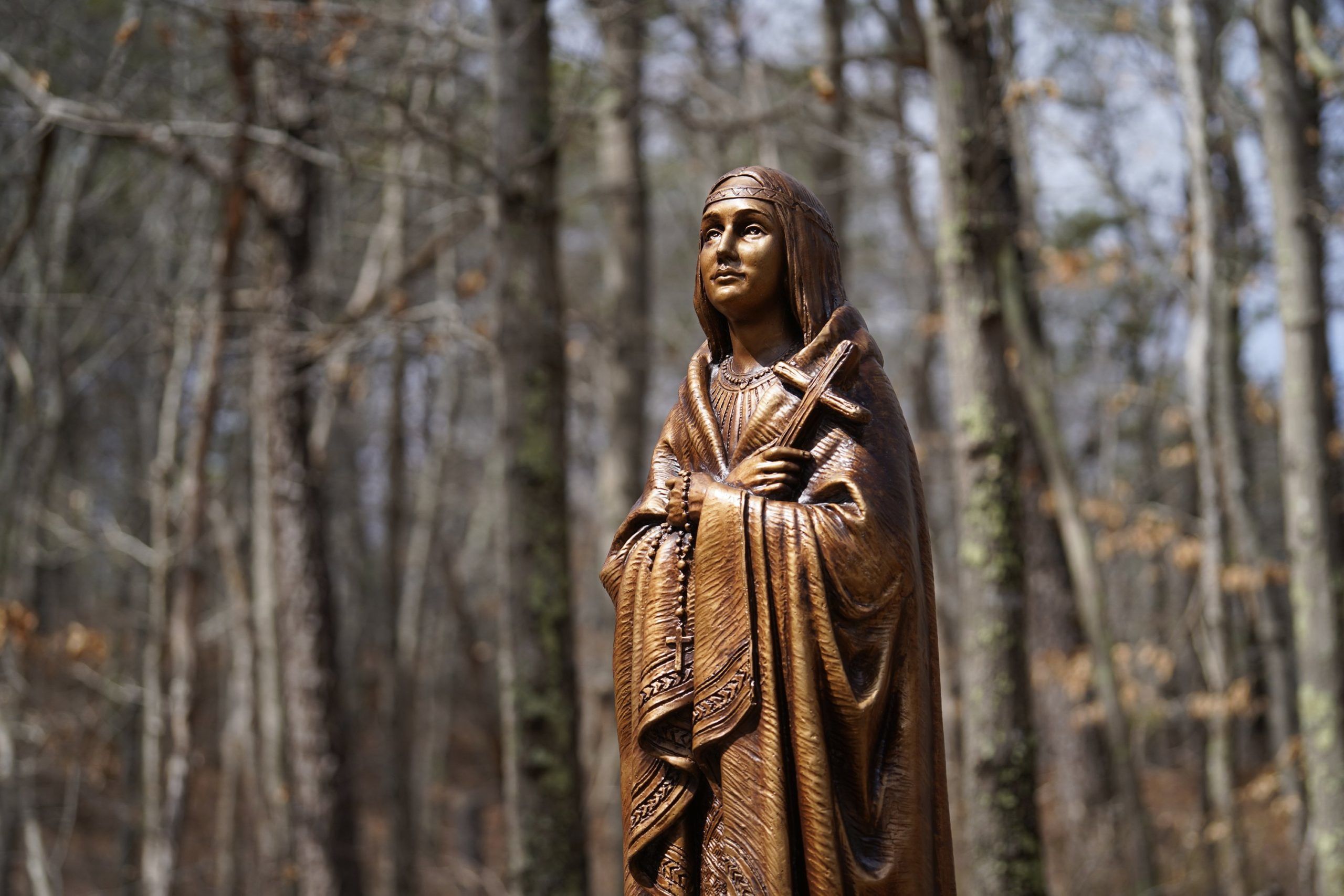An American way to celebrate Thanksgiving
Growing up in the Northeast, November was punctuated with traditional Thanksgiving observances.
How well I remember the pilgrim and Indian costumes my mother made for my sisters and me to wear in our school Thanksgiving pageants! I even had a cradleboard, made by my father, in which I carried my very blonde baby doll, trying to pass her off as a real Indian “papoose.”
I now understand that the history surrounding the first Thanksgiving is much more complicated than the stories we were taught in school.
Today many Native Americans observe Thanksgiving as a day of mourning as they remember the atrocities and broken promises experienced by their ancestors over the last four centuries.
But my intent is not to editorialize on what Thanksgiving should look like today. It is to invite you to pray and advocate for our Indigenous brothers and sisters during this month of November, which has been observed since 1990 as Native American Heritage Month.
Although all of our Indigenous brothers and sisters deserve our prayers and support, I take special interest in the plight of the Navajo Nation, the largest U.S. tribe, since we Little Sisters of the Poor have a mission house in Gallup, N.M., the heart of Navajoland.
In early November COVID-19 cases again surged in the Navajo Nation, despite their high vaccination rate.
According to data provided by National Public Radio, about 10 percent of Navajo living on the reservation lack electricity and 40 percent live without safe, running water. Frequent hand washing, fresh, healthy foods, and regular medical care are luxuries many Navajo cannot afford.
Many elderly Navajo live in the most primitive conditions in the most remote areas of the reservation. They are isolated, yet completely dependent on others for life-sustaining assistance.
Throughout the pandemic, the Navajo Nation has tried hard to provide for their elders, whom they consider precious tribal treasures. Yet Navajo leaders fear that the disproportionate loss of their elders will have a catastrophic effect on the future of the tribe.
“When you grow up Navajo, at least for me, you are taught that elders are the pillars of the family, especially grandmothers,” wrote journalist Sunnie R. Clahchischiligi at the height of the pandemic. “They are the keepers of our stories, history, traditions, and culture. They connect us to our ancestors. They take care of us, and in exchange, we’re taught to look after them.”
Seeing how hard it was for seniors to procure necessary supplies during the early stages of the pandemic, Monica Harvey, a Navajo woman featured in a story on Voice of America, established “Defend Our Community,” a group that delivers supplies to tribal elders.
“When you lose an elder, you lose a part of yourself,” she reported. “You lose a connection to history, our stories, our culture, our traditions.”
I am deeply touched by the profound reverence for family and elders reflected in these testimonies from Indigenous leaders. And I am humbled when I think that our Little Sisters in Gallup have the honor of caring for the most cherished members of the Navajo Nation.
The pandemic has been tough on our Sisters, the elderly, and their collaborators at Villa Guadalupe, as our Home there is called.
A large number of residents have succumbed to COVID-19, but our mission at Villa Guadalupe goes on as the Little Sisters continue to trust in God’s loving Providence.
The added costs incurred by COVID-related supplies and precautions have been an unexpected hardship for our Sisters, making it difficult for them to make ends meet. They have had to postpone the completion of much-needed roof repairs as they confront the challenges associated with the last two years.
If you would like to honor our Native American brothers and sisters during this special month by helping our Little Sisters to keep a roof over the heads of their Navajo elders, please visit their website at https://www.littlesistersofthepoorgallup.org/donate/.
We ask our foundress, Saint Jeanne Jugan, and Saint Kateri Tekakwitha, the first Native American canonized saint, to intercede for you, obtaining many blessings for you this Thanksgiving!
Sister Constance Veit is director of communications for the Little Sisters of the Poor.
Featured image: A statue of St. Kateri Tekakwitha, the first Native American to be canonized, is seen at Our Lady of the Island Shrine in Manorville, N.Y., March 25, 2021. (CNS photo/Gregory A. Shemitz)



